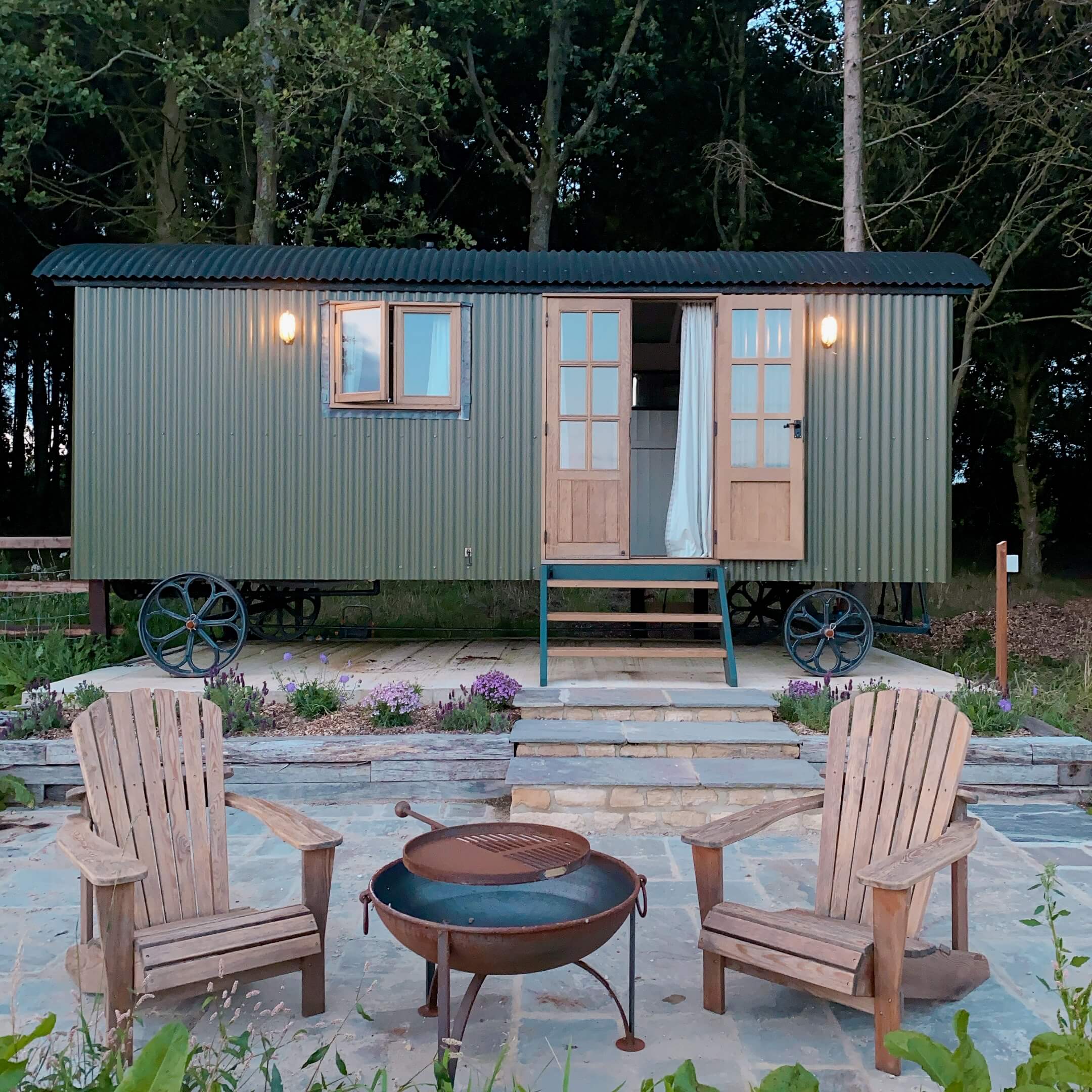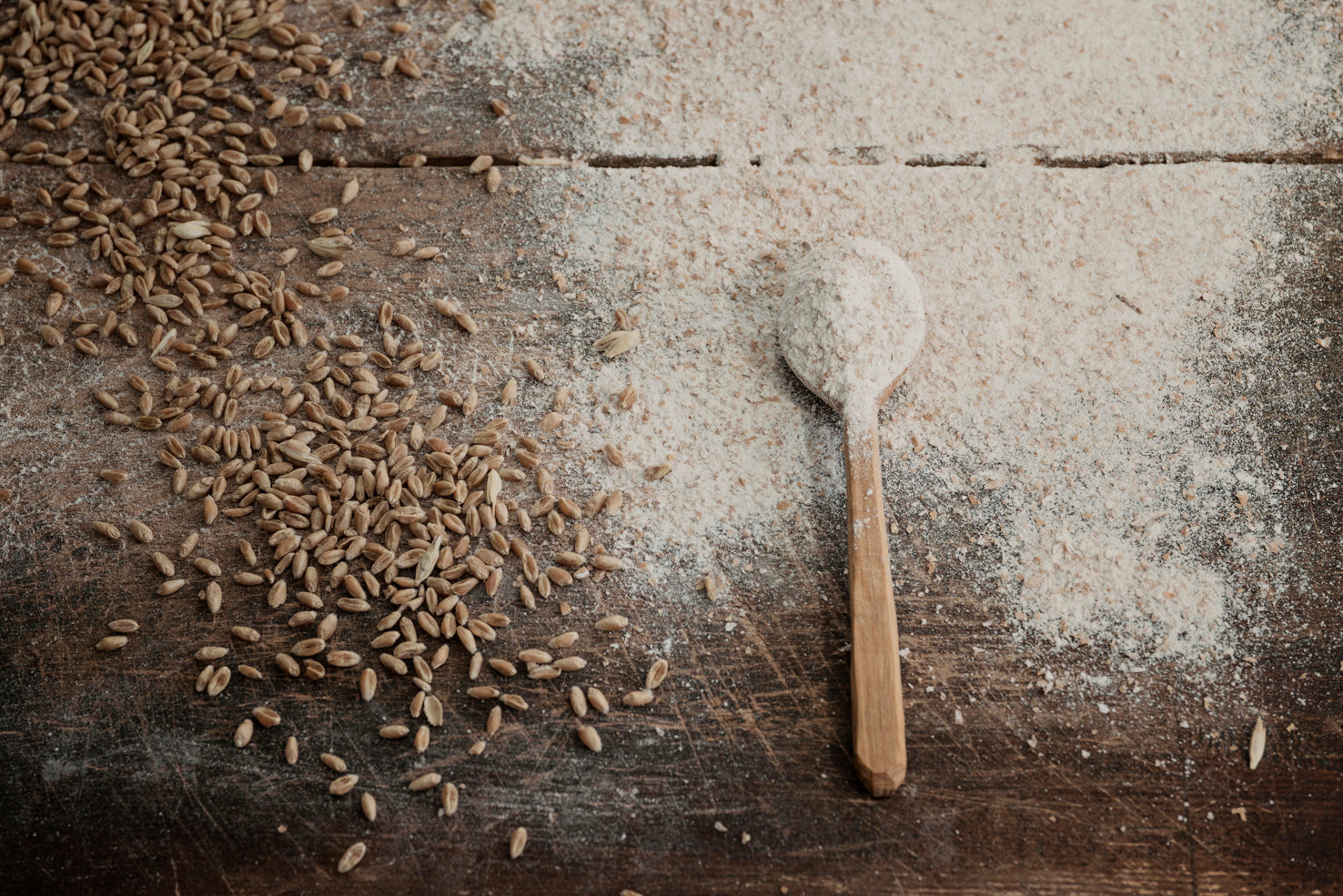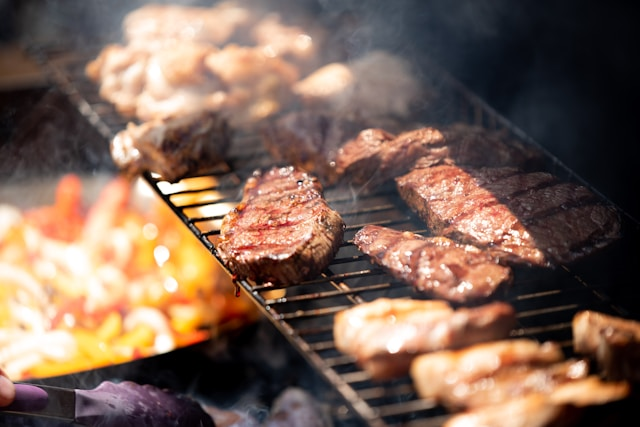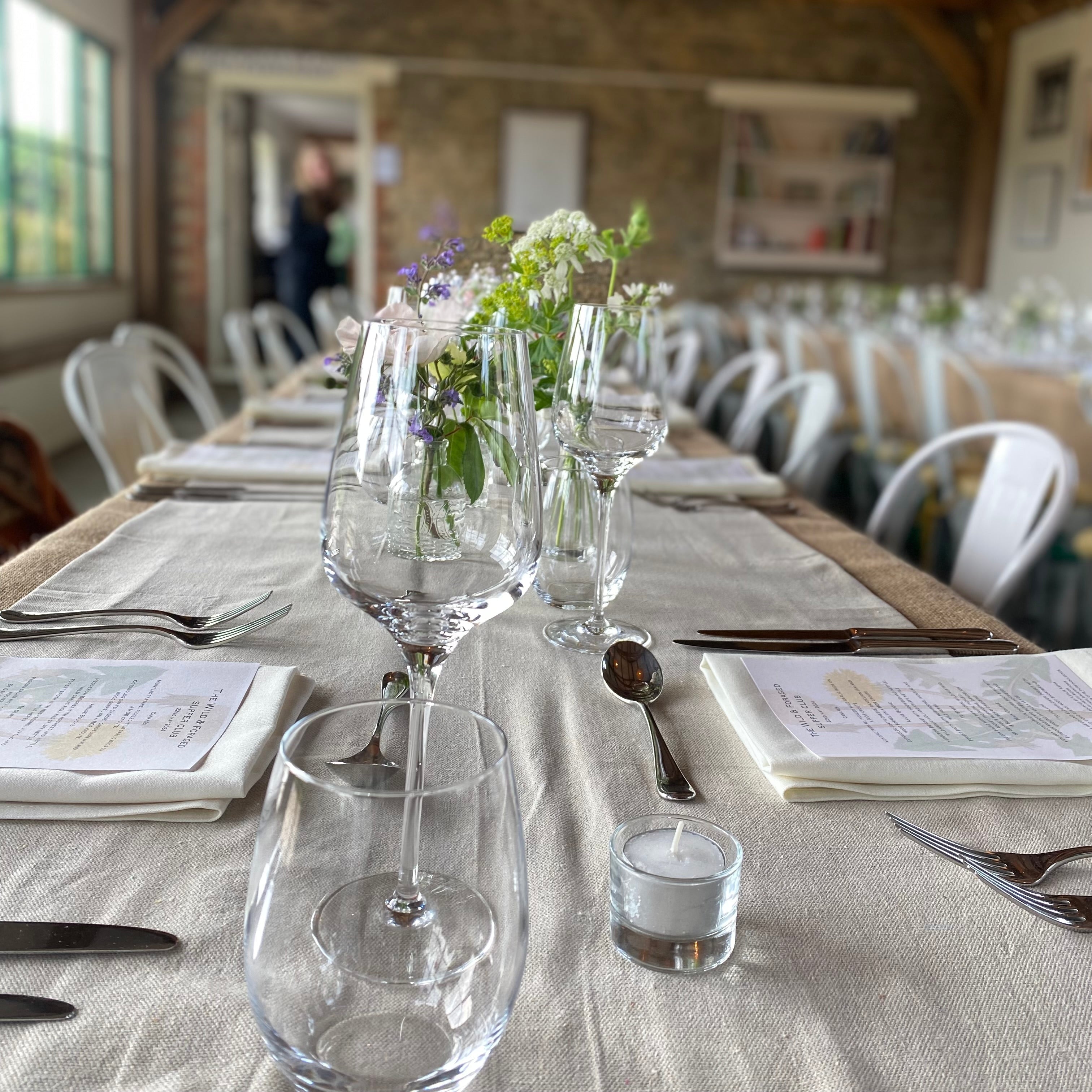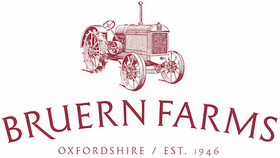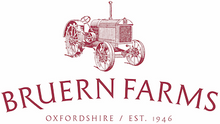A Unique Way of Farming

The land farmed at Bruern is split between permanent pasture, rotational pasture and a continuous cropping system with a living mulch understorey. We work with various partners in assisting and developing new schemes that helps our soil to improve in its structure, therefore allowing us to produce healthier crops.
The majority of the permanent pasture is part of the flood plain for either the River Evenlode or Littlestock brook. Historically it was classed as an environmentally sensitive area, latterly being managed as low input grassland under a countryside stewardship agreement. The flood plain is also a Site of Special Scientific Interest.
The grassland is grazed with native breed animals – British White and Longhorn cattle, Portland and Castlemilk Moorit sheep. We work in partnership with other local producers who house their cattle and sheep

throughout the year, including Heritage Graziers, who are first generation farmers.
Over the past few years we have been restoring some of the grassland to wildflower meadows, with the help of Glorious Cotswolds. Glorious Cotswold Grasslands is an exciting and ambitious project which aims to create the largest network of wildflower rich Jurassic limestone grassland in the country.
The rotational pasture is a mix of longer term herbal leys and shorter term hay leys. These have been added to the arable rotation to try and help improve soil structure and increase soil fertility. Integrating grazing livestock into the arable rotation will help increase soil health and carbon sequestration.

A diverse range of combinable crops are grown on the farms and wherever possible local markets are targeted.

We currently grow wheat, barley, rye, spelt, heritage wheat, buckwheat, beans, linseed, sunflowers, oilseed rape, peas and canary seed.
We follow conservation agricultural practices, with direct drilling, cover cropping and diverse rotation to help improve soils, reduce inputs and prevent the build up of weeds, pests and diseases.
All work is undertaken in house, along with contract farming agreements with neighbouring farmers.

